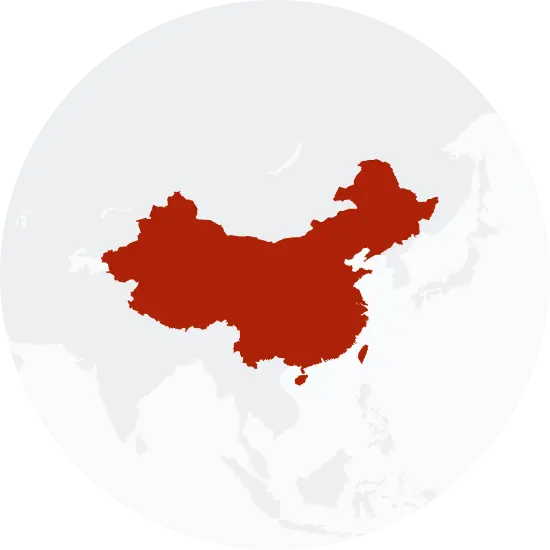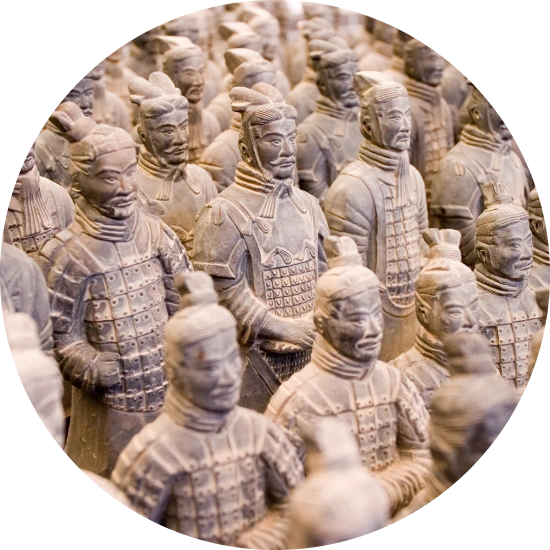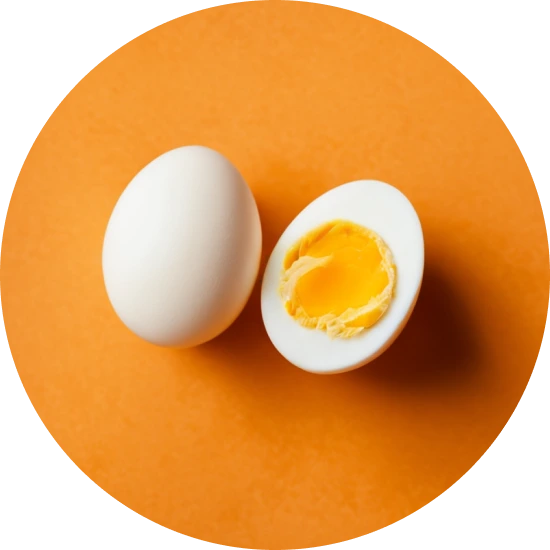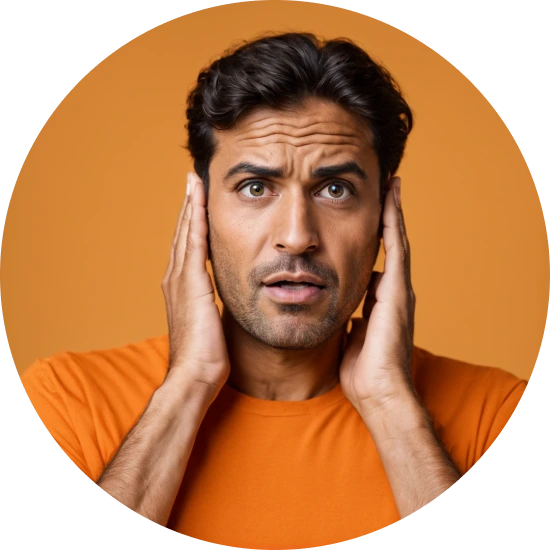Explore the Family Name Shen
How common is the last name Shen in the United States?
Based on the Decennial U.S. Census data, the surname Shen has seen a significant increase in popularity from 2000 to 2010. In the year 2000, Shen ranked 3690th in terms of surname prevalence, and by 2010 it had risen to 2806th, marking an impressive shift of 23.96%. The total number of people bearing this surname also increased from 8832 in 2000 to 12839 in 2010, a growth rate of 45.37%. Furthermore, the proportion of Shen among every 100,000 surnames rose by 33.03% during the same period.
| 2000 | 2010 | Change | |
|---|---|---|---|
| Rank | #3,690 | #2,806 | 23.96% |
| Count | 8,832 | 12,839 | 45.37% |
| Proportion per 100k | 3.27 | 4.35 | 33.03% |
Race and Ethnicity of people with the last name Shen
The ethnic identity associated with the surname Shen is primarily Asian or Pacific Islander, according to the Decennial U.S. Census. This group accounted for 93.27% of individuals with this surname in 2000, and the percentage slightly increased to 93.77% by 2010. The number of Shen's identifying as having two or more races went up by 10.39%, while those identifying as White decreased by 19.95%. There was a notable increase in the Hispanic population with the surname Shen, with a change of 47.73% between 2000 and 2010. Furthermore, Black and American Indian and Alaskan Native identities emerged within the Shen population, though their overall representation remained relatively low.
| 2000 | 2010 | Change | |
|---|---|---|---|
| Asian/Pacific Islander | 93.27% | 93.77% | 0.54% |
| White | 4.36% | 3.49% | -19.95% |
| Two or More Races | 1.54% | 1.7% | 10.39% |
| Hispanic | 0.44% | 0.65% | 47.73% |
| Black | 0% | 0.32% | 0% |
| American Indian and Alaskan Native | 0% | 0.07% | 0% |
Shen ancestry composition
23andMe computes an ancestry breakdown for each customer. People may have ancestry from just one population or they may have ancestry from several populations. The most commonly-observed ancestry found in people with the surname Shen is Chinese, which comprises 88.6% of all ancestry found in people with the surname. The next two most common ancestries are Korean (2.9%) and British & Irish (2.2%). Additional ancestries include French & German, Manchurian & Mongolian, Spanish & Portuguese, Vietnamese, and Filipino & Austronesian.
Ready to learn more about your ancestry? Get the most comprehensive ancestry breakdown on the market by taking our DNA test. Shop 23andMe
| ANCESTRY BREAKDOWN | COMPOSITION |
|---|---|
| Chinese | 88.6% |
| Korean | 2.9% |
| British & Irish | 2.2% |
| Other | 6.3% |

Possible origins of the surname Shen
Your DNA provides clues about where your recent ancestors may have lived. Having many distant relatives in the same location suggests that you may all share common ancestry there. Locations with many distant relatives can also be places where people have migrated recently, such as large cities. If a large number of individuals who share your surname have distant relatives in a specific area, it could indicate a connection between your surname and that location, stemming from either recent ancestral ties or migration.
Based on 23andMe data, people with last name Shen have recent ancestry locations in China and Taiwan.
| RECENT ANCESTRY Location | Percentage |
|---|---|
| Shandong, China | 23.30% |
| Fujian, China | 23.30% |
| Guangdong, China | 23.30% |
| Zhejiang, China | 23.30% |
| Jiangsu, China | 23.30% |
What Shen haplogroups can tell you
Haplogroups are genetic population groups that share a common ancestor on either your paternal or maternal line. These paternal and maternal haplogroups shed light on your genetic ancestry and help tell the story of your family.
The top paternal haplogroup of people with the surname Shen is O-F81, which is predominantly found among people with East Asian & Indigenous American ancestry. Haplogroup O-F81 is descended from haplogroup O-M1359. Other common haplogroups include O-F8 and O-F46, which are predominantly found among people with East Asian & Indigenous American and East Asian & Indigenous American ancestry. Other surnames with similar common haplogroups are: Hsu, Lu, Xu, Hu, Cheng, Fan, Zhou, Wu, Wang, Zhang.
The most common maternal haplogroups of people with Shen surname are: A4, D4, M7b. These most commonly trace back to individuals of East Asian & Indigenous American and European ancestry.
 Paternal Haplogroup Origins O-M1359
Paternal Haplogroup Origins O-M1359
Your paternal lineage may be linked to the Han Chinese
Haplogroup O1a is a branch of O-M119, also called O1a. O-M119 and its branches are present in both northern and southern Han Chinese men at low to moderate frequencies, but are most common among the Jiangsu, Shanghai, and Zhejiang southern Han groups. The Han people, who all share the same language and similar cultural practices, are the largest ethnic group in the world, with about 1.2 billion people. Historical evidence shows that Han people are descendants of the ancient Huaxia tribes that come from northern China, and Han language and culture only expanded into southern China in the last 2,000 years. The spread of Han people and culture from northern to southern China was likely driven by warfare and famine in the north. Members of O-M119 belong to a group that has helped to shape the culture of the world's largest ethnic group.
Your maternal lineage may be linked to the builders of the Terracotta Army
Qin Shi Huang, who unified warring states to become the First Emperor of China and founded the Qin Dynasty, ruled the Chinese state of Qin from 247 BC to 210 BC. In addition to his political feats, his reign is known for the massive construction projects, including his mausoleum in the Shaanxi province of central China, which began construction in 246 BC. To aid him in the afterlife, 8,000 perfectly life-like soldiers were crafted out of molds and clay and placed at guard over his tomb: his own Terracotta Army.An estimated 700,000 workers were involved in the mausoleum construction alone, and in 2003, hundreds of skeletal remains were unearthed near the mausoleum. Curious about the ethnic origins of these men, a group of Chinese scientists decided to examine their maternal haplogroups. They found that some of these workers belonged to haplogroup A, and that the group had come from a variety of places across East Asia.

What do people with the surname Shen have in common?
Spoiler alert: it's complicated. People with the same last name are usually no more genetically similar than a randomly sampled group of people from the same population. That said, people with the same surname are more likely to have similar ancestries than randomly sampled individuals. The reason is the tendency of people with similar cultural or geographical backgrounds to preferentially mate with one another. That's why people who share a surname may be more likely to share traits and tendencies in common than people within the general population. Check out the percentages below to see the prevalences of tastes, habits, and traits of people with your surname compared with prevalences among 23andMe users.
Preferences
Traits
Habits
Wellness
Are health conditions linked to the last name Shen?
The short answer is that, if there is an association between surname and health, it's usually more about your ancestry than your name. Individuals with a given surname are no more genetically similar than the general population but often have similar ancestries. The populations of people associated with those shared ancestries often have sets of genetic variations, also known as alleles, in common. Some of those alleles are associated with a greater likelihood of developing certain diseases.
Disease variant frequency by ancestry
Disease allele frequencies in populations associated with the surname Shen are shown below. Important Note: not everyone with a disease allele will develop these health condition




















